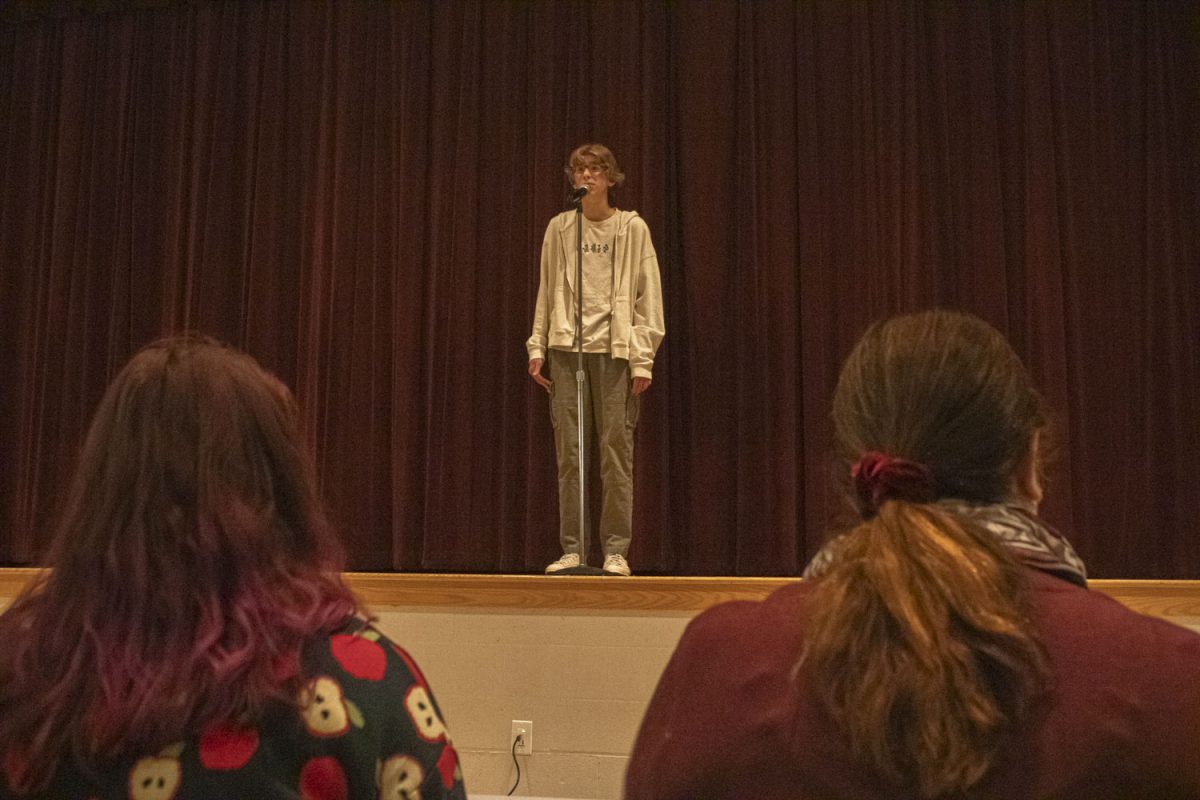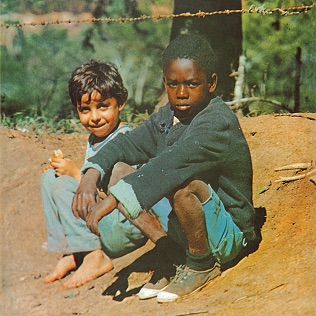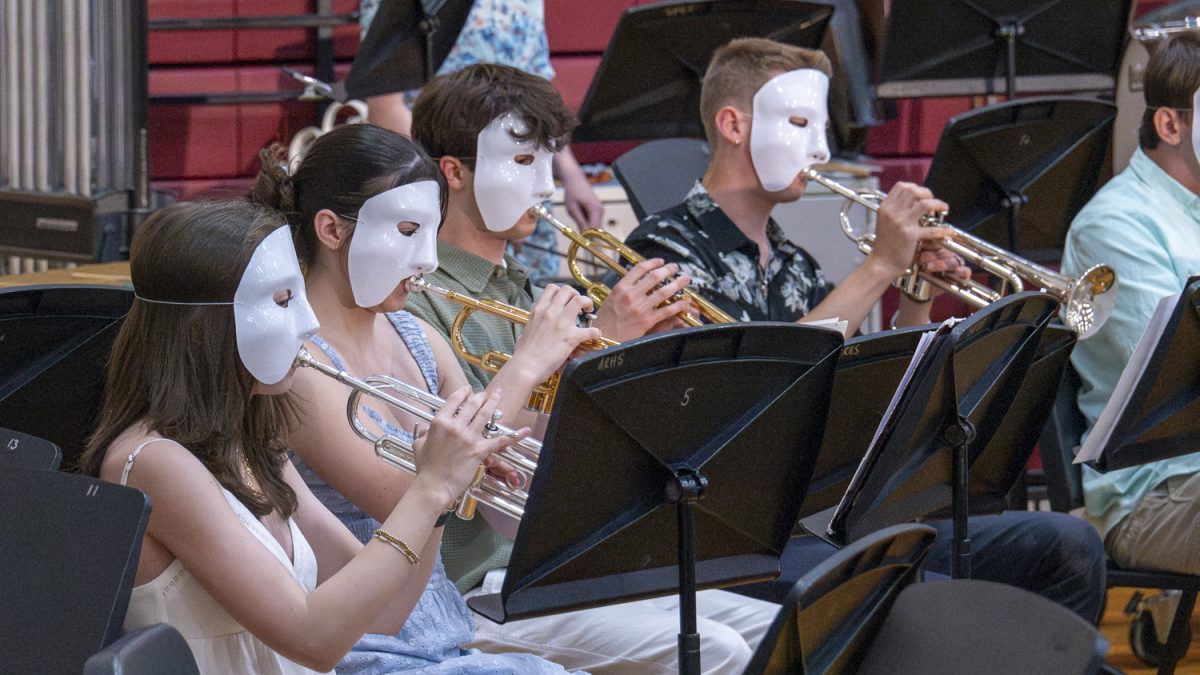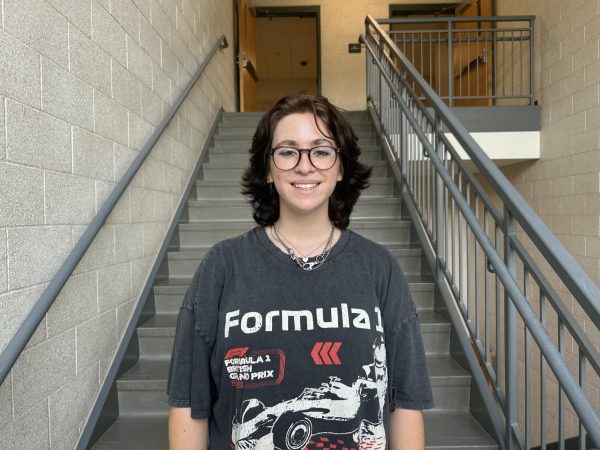Eight finalists competed in the Poetry Out Loud finals in the auditorium on Jan. 24 in front of students and faculty, with freshmen Emma Jones, Benjamin Dane and sophomore Anthea Sun earning first, second and third place, respectively.
The annual Poetry Out Loud competition is a staple of English classrooms throughout the school, with over 200 contestants this year competing for the top three spots. The finals were dominated by underclassmen: four freshmen, three sophomores and one junior made it to the top eight after 22 students were eliminated in the semifinals on Jan 9. Judges from a wide range of departments evaluated two performances from each competitor based on the official Poetry Out Loud rubric, which evaluates areas such as physical presence, interpretation and evidence of understanding.
According to Jones, whose performances of “Song” by Brenda Cardenas and “Where the Wild Things Go” by D. Gilson earned her first place, she painstakingly recited these poems in the days leading up to the competition, practicing the expression she aimed to capture in the final product. In addition to conveying emotion through her voice, Jones found it challenging to have her full-body movements reflect the meaning of the verses.
“I think physical presence and body language [is the most difficult],” Jones said. “I feel like sometimes I don’t know what to do with my body. It’s something hard for me.”
Library Aide Bridget Richardson, who discovered her love for poetry and spoken word in high school, served on the panel of judges during the competition. To her, the most compelling aspect of the student performances was observing the many unique ways in which each poem could be interpreted based on the speaker’s presentation.
“It was really interesting to see the ways in which I read [the poems] aloud versus how other students performed them aloud,” Richardson said. “It’s really fun to see all the different ways that your life experience and how you visualize the world shapes how you read poetry.”
One of the more challenging qualities of grading a Poetry Out Loud performance, Richardson says, is the “Evidence of Understanding” section, which measures the extent to which the presenter conveys the meaning of the poem to their audience. In general, she found that a student’s selection of a piece, in itself, is testament to their understanding of its meaning.
“You’re choosing that poem; if you feel that connection with it, then there has to be some sort of deeper understanding,” Richardson said. “You can see the passion in the way that kids act things out, the cadence, and the flow.”
Despite impressive results from all eight participants, who also included freshmen Helena Hoffmann, Konon Kurashige, sophomores Niko Conway, Aditya Tripathi and junior Karma Bebawy, Jones’ winning performances encapsulated each of these qualities while reflecting the addition of her own unique flair, which Richardson believes set her apart from the other talented competitors.
“[Jones] has a deep power to her voice and I was blown away by her confidence,” Richardson said. “The way she enunciated, had dips and lulls and pauses, and with the hand movements, you could see the poem. It felt like it took over her… she was here to deliver it to everyone and you could feel that energy.”
For her performance of “Where the Wild Things Go”, Jones used her real-life knowledge of the poem’s topic to forge a connection between herself and the piece, an elusive but critical aspect of a winning performance.
“Child stars have always gotten it rough, and it’s kind of messed with their lives, so I just thought this was a really cool poem,” Jones said. “It’s taking something that everyone knows, the book ‘Where the Wild Things Are,’ and [describing] what happened.”
Just as each performer brought a fresh take on their poems, each of the eight judges contributed their own point of view to ensure a fair evaluation of the presentations.
“I feel like it’s always based on perspective, so the more people you have judging the same [poem], the more perspectives you’re going to get,” Jones said.
The beauty of Poetry Out Loud, Jones and Richardson agree, lies in the endless possibilities each time a speaker approaches the mic.
“Poetry is so nuanced,” Richardson said. “The things that I can understand in a poem, somebody else derives an entirely different meaning from. Our own experience is subjective; I think it’s hard to judge on that.”











